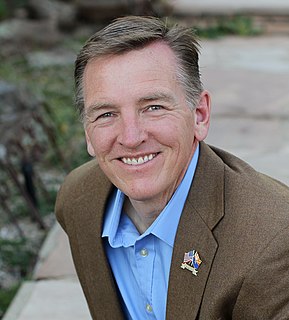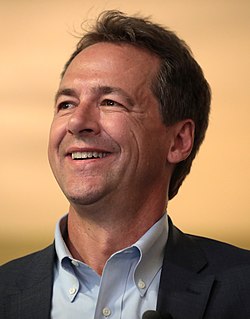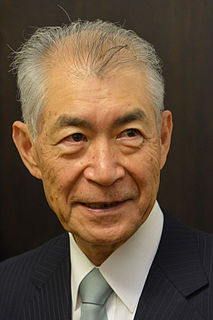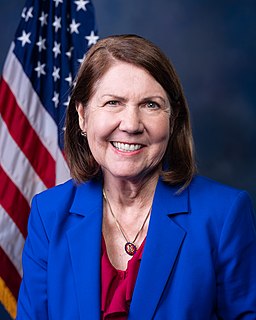A Quote by Bill Gates
These four policy prescriptions - strengthening educational opportunities, revamping immigration rules for highly skilled workers, increasing federal funding for basic scientific research, and providing incentives for private-sector R&D - should in my view be top priorities as Congress and the Administration consider how to maintain the nation's leadership in science, technology, and innovation.
Quote Topics
Administration
Basic
Congress
Consider
Educational
Educational Opportunities
Federal
Federal Funding
Four
Funding
Highly
How
Immigration
Incentives
Increasing
Innovation
Leadership
Maintain
Nation
Opportunities
Policy
Prescriptions
Priorities
Private
Providing
Research
Rules
Science
Scientific
Scientific Research
Sector
Should
Should I
Skilled
Skilled Workers
Strengthening
Technology
Top
Top Priorities
View
Workers
Related Quotes
Despite its potential, the federal government has restricted funding for creating new cell lines - putting the burden of any future research squarely on the shoulders of the private sector. Government's most basic responsibility, however, is the health and welfare of its people, so it has a duty to encourage appropriate scientific investigations that could possibly save the lives of millions.
The policy that received more attention particularly in the past decade and a half or so has been the US cocaine policy, the differential treatment of crack versus powder cocaine and question is how my research impacted my view on policy. Clearly that policy is not based on the weight of the scientific evidence. That is when the policy was implemented, the concern about crack cocaine was so great that something had to be done and congress acted in the only way they knew how, they passed policy and that's what a responsible society should do.
To keep up with the demands of the growing manufacturing sector, our Government is pleased to invest in the establishment of the Saskatchewan Manufacturing Centre of Excellence. Training skilled workers and increasing productivity and innovation are essential to the continued growth and prosperity of Saskatchewan, and Western Canada.




































